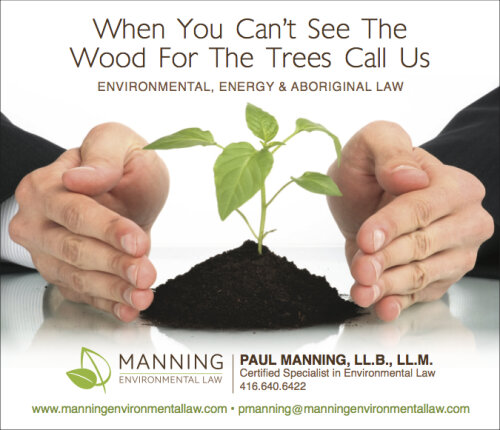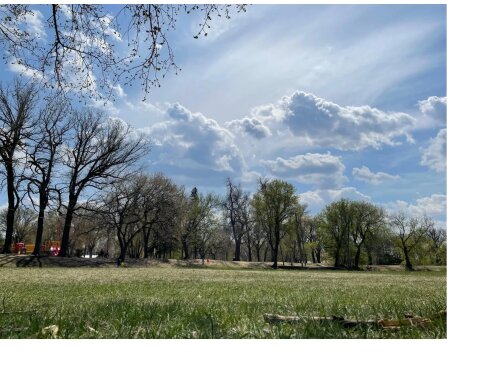Best Oil, Gas & Energy Lawyers in Toronto
Share your needs with us, get contacted by law firms.
Free. Takes 2 min.
List of the best lawyers in Toronto, Canada
About Oil, Gas & Energy Law in Toronto, Canada:
Oil, gas, and energy play a crucial role in Toronto, Canada's economy and daily life. Toronto is a significant hub for the oil, gas, and energy sectors, attracting numerous companies and organizations involved in exploration, production, distribution, and renewable energy initiatives. However, navigating the legal aspects of this industry can be complex. Oil, Gas & Energy law in Toronto, Canada encompasses various regulations, contracts, and environmental considerations. Understanding these legal implications is crucial for individuals and businesses operating in the oil, gas, and energy sectors.
Why You May Need a Lawyer:
Engaging a lawyer specializing in Oil, Gas & Energy law in Toronto, Canada can be essential in several situations:
- When negotiating or drafting contracts related to oil, gas, or energy resources.
- If you have concerns or disputes regarding land rights or property issues in the oil, gas, or energy sector.
- When seeking legal advice on environmental regulations and compliance obligations.
- If you encounter employment or labor disputes within the oil, gas, or energy industry.
- When dealing with government regulations or administrative issues related to oil, gas, or energy projects.
Local Laws Overview:
The following are key aspects of local laws relevant to Oil, Gas & Energy in Toronto, Canada:
- Ontario Energy Board Act: Regulates the energy sector in Ontario, including the pricing, distribution, and supply of energy resources.
- Municipal Guidelines: Toronto has specific zoning and land use regulations governing the installation and operation of energy-related infrastructure.
- Environmental Laws: Various federal and provincial regulations exist to protect the environment during energy exploration, production, and distribution.
- Contracts and Agreements: The laws governing contracts play a crucial role in the oil, gas, and energy sectors, ensuring fair and enforceable agreements.
Frequently Asked Questions:
1. Can I drill and extract oil or gas in my property in Toronto, Canada?
Drilling and extraction activities in Toronto, Canada require the appropriate permits and licenses. It is vital to consult with a lawyer familiar with oil, gas, and energy law to understand the legal requirements and regulations.
2. What are the environmental regulations associated with the oil, gas, and energy industry in Toronto, Canada?
The oil, gas, and energy industry in Toronto, Canada must comply with a range of environmental regulations to ensure the protection of natural resources and ecosystems. These regulations cover aspects such as emissions, waste disposal, and environmental impact assessments.
3. What legal issues may arise when negotiating oil, gas, or energy contracts?
When negotiating contracts in the oil, gas, or energy sector, legal issues can include contract interpretation, scope of work, pricing, intellectual property rights, indemnification, and liability. Consulting with a lawyer can help safeguard your interests and ensure that contracts are fair and legally binding.
4. How can I resolve disputes related to oil, gas, or energy in Toronto, Canada?
In case of disputes, it is advisable to seek legal advice from a lawyer experienced in Oil, Gas & Energy law. Mediation, arbitration, or litigation may be viable options depending on the circumstances.
5. Are there any incentives or programs promoting renewable energy in Toronto, Canada?
Yes, Toronto, Canada encourages renewable energy initiatives through various incentive programs and grants. These initiatives aim to reduce reliance on traditional energy sources and promote the development of renewable energy infrastructure. Engaging a lawyer can help navigate the legal aspects of accessing such incentives.
Additional Resources:
For further information and assistance regarding Oil, Gas & Energy law in Toronto, Canada, the following resources can be helpful:
- Ontario Energy Board (OEB) - https://www.oeb.ca/
- Ministry of Energy, Northern Development and Mines - https://www.mndm.gov.on.ca/en
- Toronto Renewable Energy Office - https://www.toronto.ca/services-payments/water-environment/environmental-initiatives/renewable-energy/
Next Steps:
If you require legal assistance in Oil, Gas & Energy matters, consider taking the following steps:
- Gather all relevant documents and contracts related to your oil, gas, or energy project.
- Research and identify lawyers or law firms specializing in Oil, Gas & Energy law in Toronto, Canada.
- Consult with potential lawyers to assess their expertise and experience in handling similar cases.
- Discuss your specific legal needs, concerns, and objectives with the selected lawyer.
- Proceed with engaging the services of a lawyer who can guide you through the legal process and protect your interests.
Lawzana helps you find the best lawyers and law firms in Toronto through a curated and pre-screened list of qualified legal professionals. Our platform offers rankings and detailed profiles of attorneys and law firms, allowing you to compare based on practice areas, including Oil, Gas & Energy, experience, and client feedback.
Each profile includes a description of the firm's areas of practice, client reviews, team members and partners, year of establishment, spoken languages, office locations, contact information, social media presence, and any published articles or resources. Most firms on our platform speak English and are experienced in both local and international legal matters.
Get a quote from top-rated law firms in Toronto, Canada — quickly, securely, and without unnecessary hassle.
Disclaimer:
The information provided on this page is for general informational purposes only and does not constitute legal advice. While we strive to ensure the accuracy and relevance of the content, legal information may change over time, and interpretations of the law can vary. You should always consult with a qualified legal professional for advice specific to your situation.
We disclaim all liability for actions taken or not taken based on the content of this page. If you believe any information is incorrect or outdated, please contact us, and we will review and update it where appropriate.

















